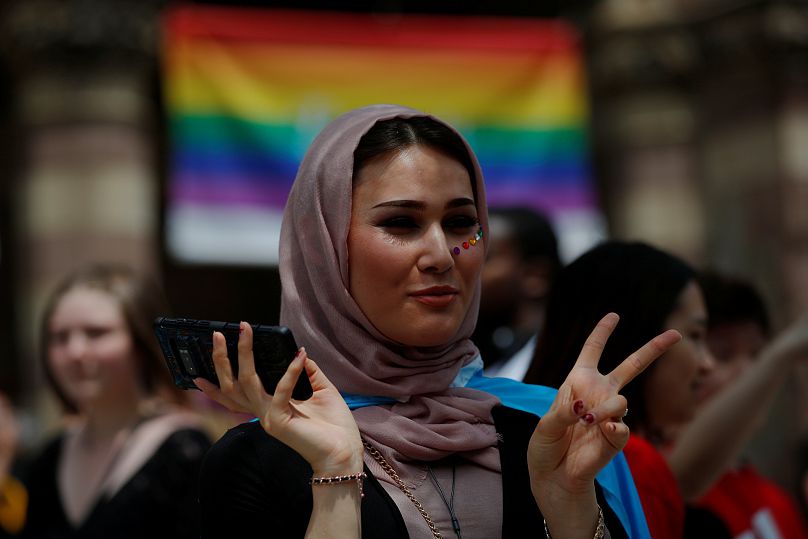The World Health Organization (WHO) announced on Monday that it would no longer categorise transsexuality as a mental illness.
The World Health Organization (WHO) announced on Monday that it would no longer categorise transgenderism as a mental illness.
GLAAD, media monitoring organization founded by LGBT people, defines transgender as a "term for people whose gender identity and/or gender expression differs from what is typically associated with the sex they were assigned at birth".
In WHO's International Classification of Diseases, 11th Revision (ICD-11), which will be discussed at the General Assembly next year, "gender incongruence" will be moved from the list of "mental illnesses" to that of “mental, behavioural and neurodevelopmental disorders”.
This category encompasses issues ranging from sexually transmitted diseases, such as HIV, to health problems and issues related to sexual violence, such as female genital mutilation.
"Although the evidence is now clear that it is not a mental disorder and, in fact, classifying it as such can cause a huge stigma for transgender people," explained WHO in a statement, "there remain significant healthcare needs that can best be met if the condition is coded under the ICD."
Mané Fernández, a transsexual man and vice president of the State Federation of Lesbians, Gays, Transsexuals and Bisexuals of Spain (FELGTB), said WHO's delay in reclassifying the term had not gone unnoticed.
"We cannot forget that only 28 years ago homosexuality was removed from this publication," he told Euronews.
For Fernandez, the importance of this change in definition means that, from now on, subjecting a transgender person to any type of conversion or psychiatric therapy goes against what the world's highest health reference says.
"There are countries that will continue to treat transsexual or trans identities as a mental illness," said Fernandez, who believes that the WHO announcement has given transgender people a valuable tool to continue fighting against this view.
He also underlined the fact that the decision allows members of the community to recover their autonomy with respect to decisions about their health.
"Everything a transgender person needs on a health level must be provided and if at a given moment they need advice or psychological support, like the rest of society, it should be an individualised process," he added.
Fernandez also pointed out that WHO's new term is not wholly satisfactory.
"Gender incongruence? We don't have any incongruence in our gender," he concluded.












